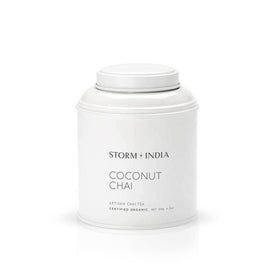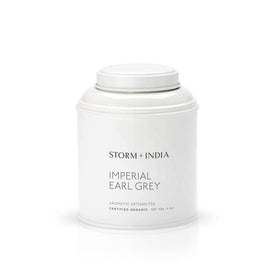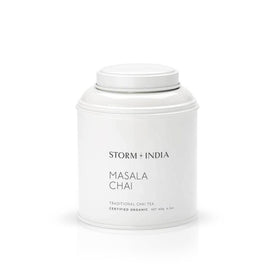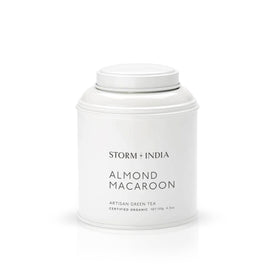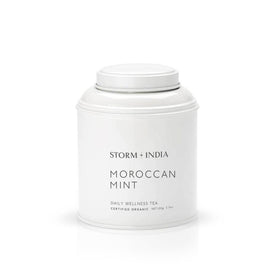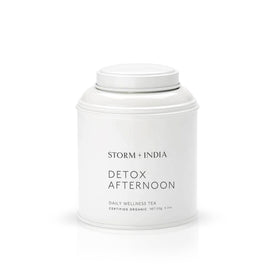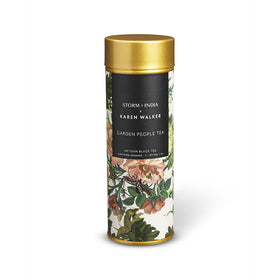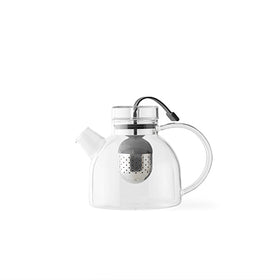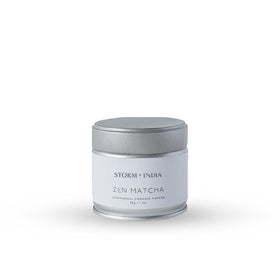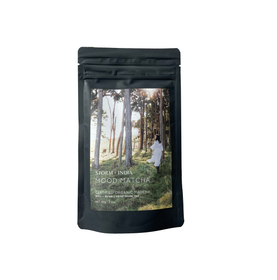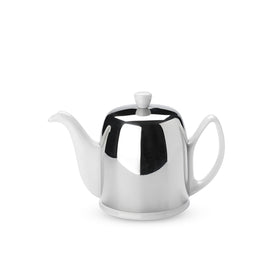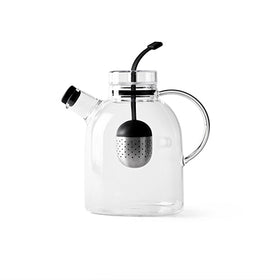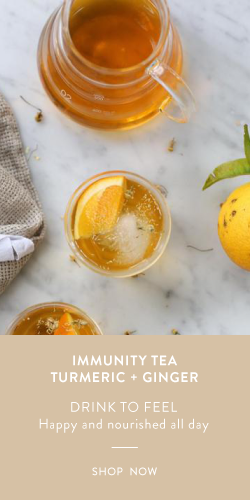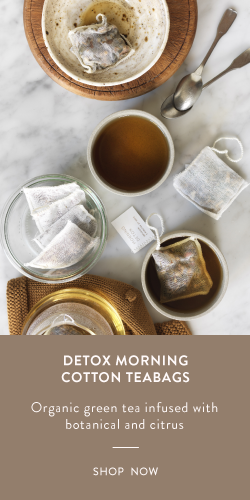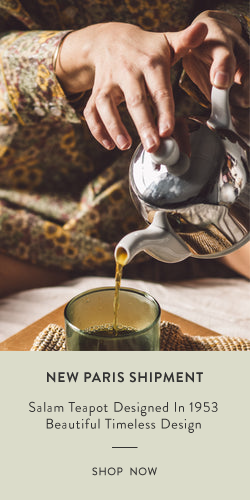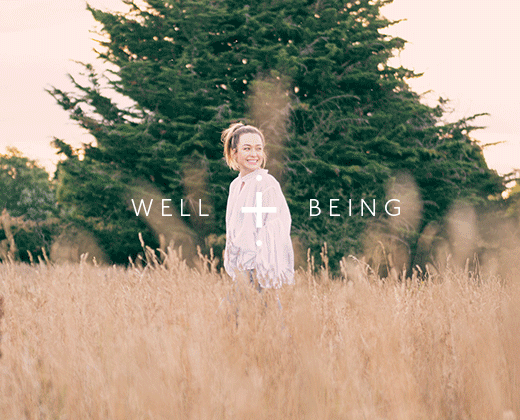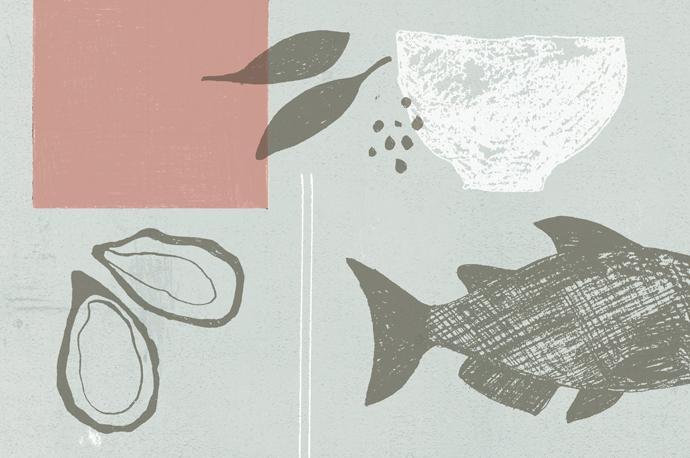
5 FOODS TO CALM AND MANAGE ANXIETY
At some point in your life, it’s likely you’ll experience anxiety. For some of us, it's a daily struggle. While therapy and medication are valuable options for treating and managing anxiety, your diet can also play a crucial role. The food choices you make each day not only are key to supply energy and nutrients to your body, they also significantly influence how you react to stress and how your brain functions.
Organic Matcha
Matcha is an excellent choice if you’re sensitive to caffeine. While matcha does contain caffeine, it's only about half the amount found in a regular cup of black coffee. Moreover, the caffeine in matcha is absorbed slowly over six hours, providing a prolonged and sustained energy boost, unlike the 60-minute spike from coffee. Unlike coffee, matcha doesn't lead to blood sugar spikes, increased insulin, or the release of the stress hormone cortisol, helping you stay calm and focused.
Matcha’s caffeine content is also balanced by exceptionally high levels of naturally occurring antioxidants and compounds including chlorophyll, L-theanine, an amino acid proven to lower stress hormone levels and alleviate anxiety. It has been successfully used as a pre-exam supplement for calming overly anxious university students. Matcha can promote a sense of calm and focus while supporting overall health and metabolism. A single serving of matcha can contain more than 10 times more antioxidants than regular green tea. Matcha can boost your immunity, control your stress, and even help you lose weight. Personally, my favourite matcha for lattes or iced drinks is Storm + India Zen Matcha, known for its smooth and clean flavour.
Oily Fish
Oily fish, such as salmon, sardines, fresh tuna, and trout, are excellent sources of essential omega-3 fatty acids. These fatty acids are termed "essential" because our bodies cannot produce them, so we must obtain them through our diet. Numerous studies have indicated that omega-3 fatty acids can be particularly beneficial in the treatment of both depression and anxiety. This connection makes sense, considering that omega-3 fats play a crucial role in forming and repairing the brain's neuron pathways, connections, and receptor sites.
To make sure you're getting an adequate supply of omega-3 fatty acids for optimal brain function, aim to include oily fish in your diet two to three times a week. If you're considering using omega-3 fatty acids to address depression or anxiety, it's advisable to consult with a natural healthcare provider. They can prescribe a high-quality supplement at the appropriate dosage for your specific needs.
Oysters
Oysters are a valuable natural source of zinc, a mineral used in many important brain and body functions. In relation to brain health, the crucial factor is the ratio between zinc and copper. This ratio determines how well the neurotransmitters function in the brain. Poor neurotransmitter function can cause you to feel anxious. If oysters aren't appealing to you, alternative sources of zinc include beef, lamb, liver, eggs, as well as nuts and seeds.
Herbal Tea
Switching from coffee to herbal tea has proven effective in reducing or even eliminating anxiety for some individuals. If you experience feelings of anxiety or panic after consuming coffee, consider making the switch to a lower-caffeine alternative or caffeine-free herbal tea. Caffeine stimulates adrenaline production, and it's common to feel anxious after having coffee, with sensitivity varying among individuals. Taking a break from coffee also gives you the opportunity to feel and decide if it is impacting your mood and overall wellbeing.
For an extra boost in anxiety relief, try incorporating Storm + India Turmeric and Ginger tea into your day. This caffeine-free tea, made with sun-dried turmeric and ginger root, has proven to calm cortisol production, our main stress hormone. Ginger, with its gingerol content, aids in regulating blood sugar and insulin levels, while also combating inflammation throughout the body. Additionally, turmeric contains curcuminoids, which have been shown to reduce cortisol levels and fight inflammation.
Chamomile is a reliable way to calm anxiety and feelings of overwhelm. Some individuals experience a noticeable change even after just one cup; however research indicates that consistent daily use over three weeks can have a lasting impact on reducing anxiety levels. Chamomile's pleasant flavour makes it an excellent choice for a pre-sleep tea, and Storm and India's Organic Detox Evening Tea is a recommended option. In my view, having a canister readily available is a perfect choice to have on hand for moments of stress, restless nights, and anxiety in every home.
Dark Leafy Greens
While we're aware of the health benefits of green vegetables, dark green leafy varieties like kale, spinach, Swiss chard, watercress, parsley, and beetroot leaves are particularly rich in magnesium.
Sometimes called the 'original chill pill,' magnesium has historically been used to address anxiety and depression without a complete understanding of its mechanisms. We now know that magnesium plays a crucial role in regulating the nervous system by suppressing the overproduction of stress hormones. Insufficient magnesium allows these hormones to be produced freely, leading to a significant increase in stress hormones and anxiety.
Eating plenty of magnesium rich foods is great for our health, but absorption through the skin is also possible. Magnesium salts, commonly used for tired or sore muscles, facilitate muscle fibre relaxation, reducing pain and fatigue. Magnesium absorbed through the skin doesn't solely benefit the muscles; it circulates throughout the body, addressing needs where required. Incorporating a weekly magnesium bath is an excellent way to replenish magnesium levels.
Kristen Beck (M.Hum.Nut., B.H.Sc) is a Registered Nutritionist, Naturopath, and Health Scientist with more than 20 years of professional experience. She is dedicated to understanding and communicating the latest recent health and nutrition research with a practical approach to wellbeing. She is a senior lecturer and a highly sought-after media commentator in television, news, magazines, and radio. Her regular appearances include Today, A Current Affair, and The Project.
Kristen is a mum of three (Joel (22), Geoff (20) and Elise (17)) and lives on the Northern Beaches of Sydney. When she isn’t working or being a mum, you’ll find her soft-sand running, swimming, surfing or staring happily at the ocean. @kristenbecknutrition

